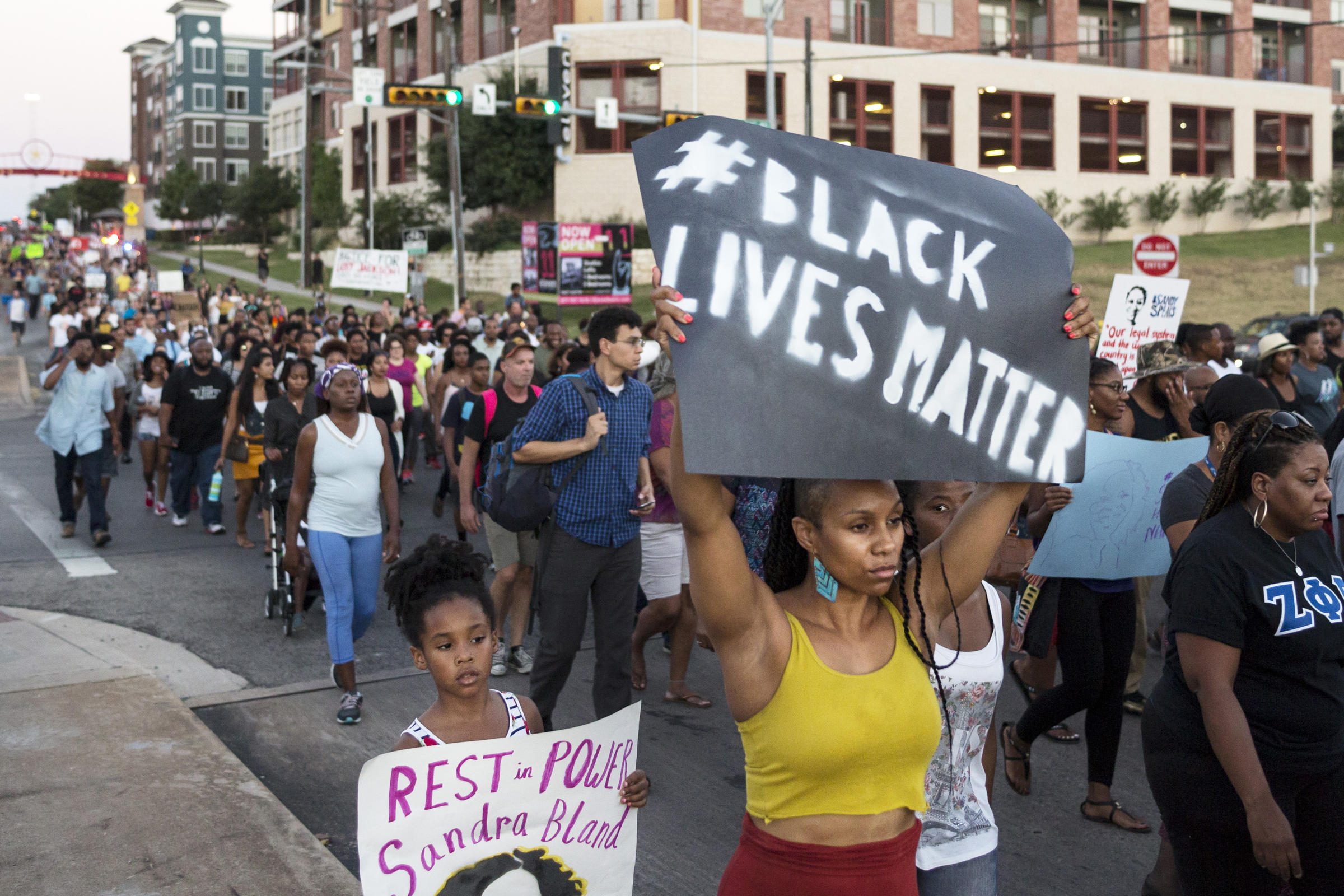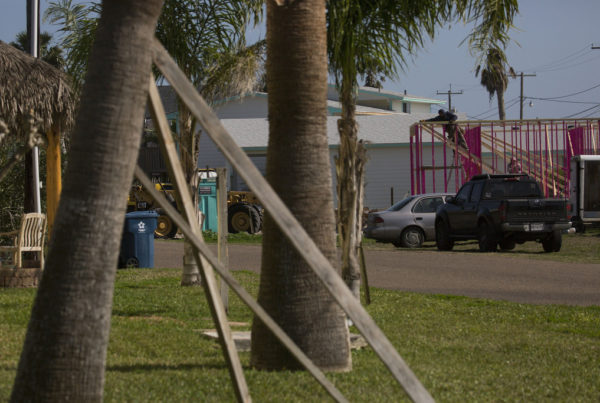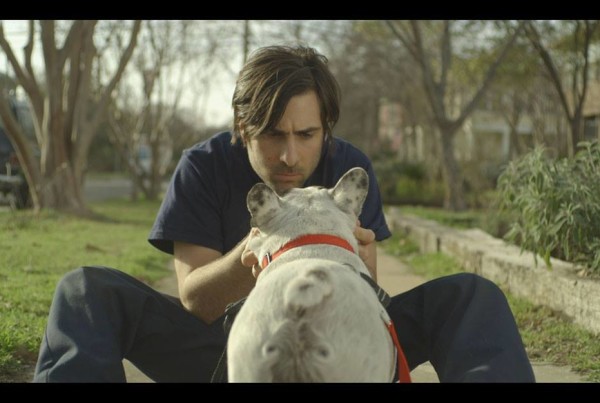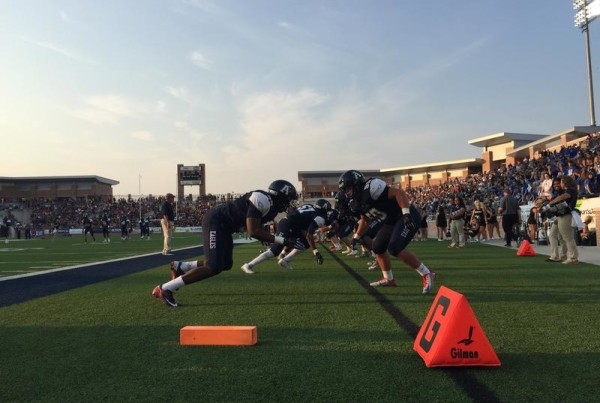In Houston, a Harris County deputy was gunned down at a gas station Friday night while pumping up his patrol car. He was shot multiple times.
The suspect in custody has so far shed no light on his motive. However, county sheriff Ron Hickman has a motive in mind: what he describes as a madness fueled by rhetoric, specifically the one being used by the national conversation about police and race.
In a Saturday news conference, Sheriff Hickman said that “at any point, when the rhetoric ramps up to where calculated, cold-blooded assassinations of police officers happen, this rhetoric has gotten out of control. We’ve heard black lives matter, all lives matter. Well, cops’ lives matter too. So why don’t we just drop the qualifier and just say Lives Matter.”
Ken Cokley, director of the Institute for Urban Policy Research and Analysis at the University of Texas at Austin, says it would be a mistake to simply say Lives Matter because it goes without saying that all lives really do matter.
“The Black Lives Matter is a movement that draws attention to the fact that black bodies are killed every single day in this country in ways and volumes that other groups do not experience, and it simply is just drawing attention to the fact that, historically, black people have been brutalized and oppressed in this country,” he says. “By saying that black lives matter, it does not negate the fact that all lives matter. We understand that and take that as a given.”
There are plenty of online comments that with hateful speech, like one commentator who said, as a response to the Sheriff Hickman’s remarks, that this is an example of “racist whiteys promoting their … All Lives Matter B.S.” But Cokley says that that individual, and others like him or her, are not representative of the movement itself.
“The vast majority of people who support this movement would not support that type of speech,” he says.
The goal of the Black Lives Matter movement is to be more candid and open about the country’s conversation about race and its relationship to the use of force among law enforcement. But sometimes, people tend to be offended or feel left out. Cokley says part of the problem is that people are talking at each other and not to each other.
“One of the op-eds that I wrote talked about … this juxtaposition of the loss of police lives and how tragic it is, in a addition to the loss of black lives and how tragic that is, and that one life is not greater than the other,” he says. “However, it seems to me that the loss of black lives has become so common that it becomes almost half a stance.”
Cokley says he also understands that it’s an emotional time for Hickman and his fellow officers, and suggests they take their grief and use it to open up more dialogue with the community.
“And [I suggest] that the community be responsive to this … to really talk about the relationships between the community and the police officers,” he says. “I would see it as an opportunity to try to improve relations rather than to indict a movement that is based on the loss of life oftentimes of innocent or unarmed black men and women.”


















